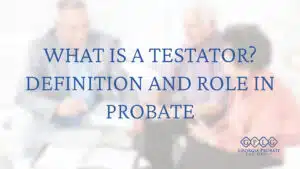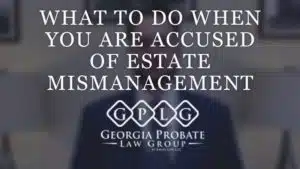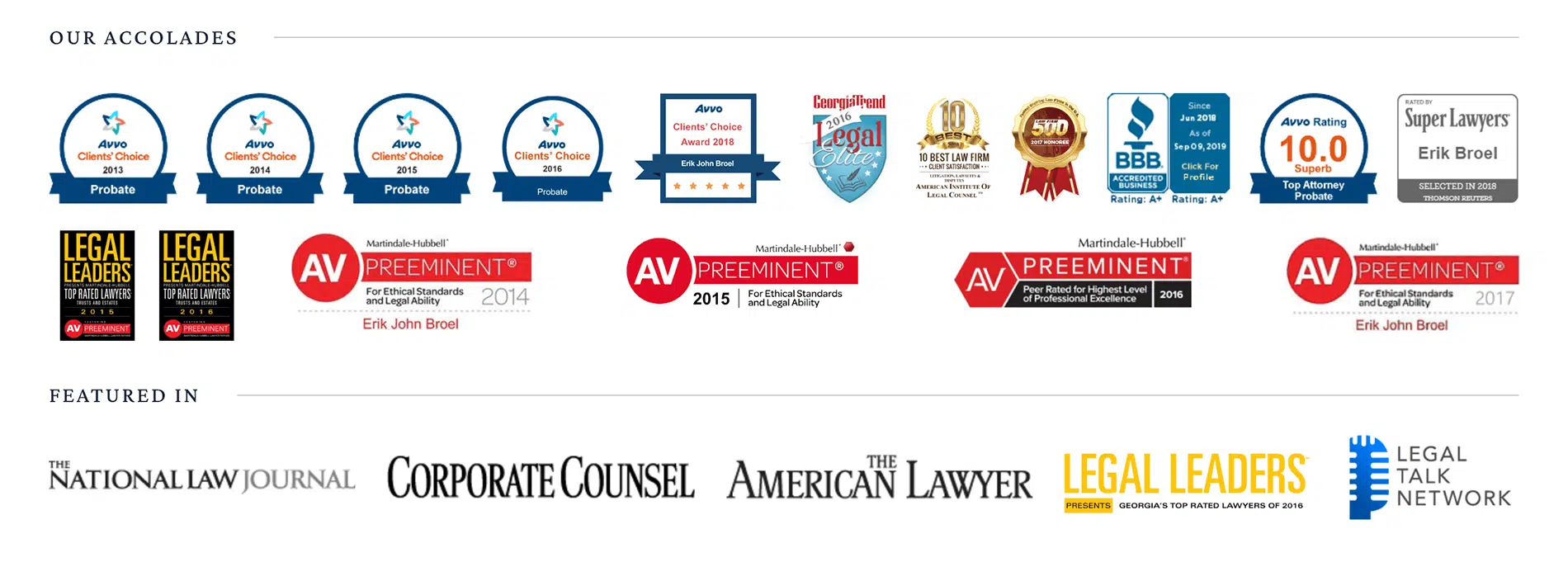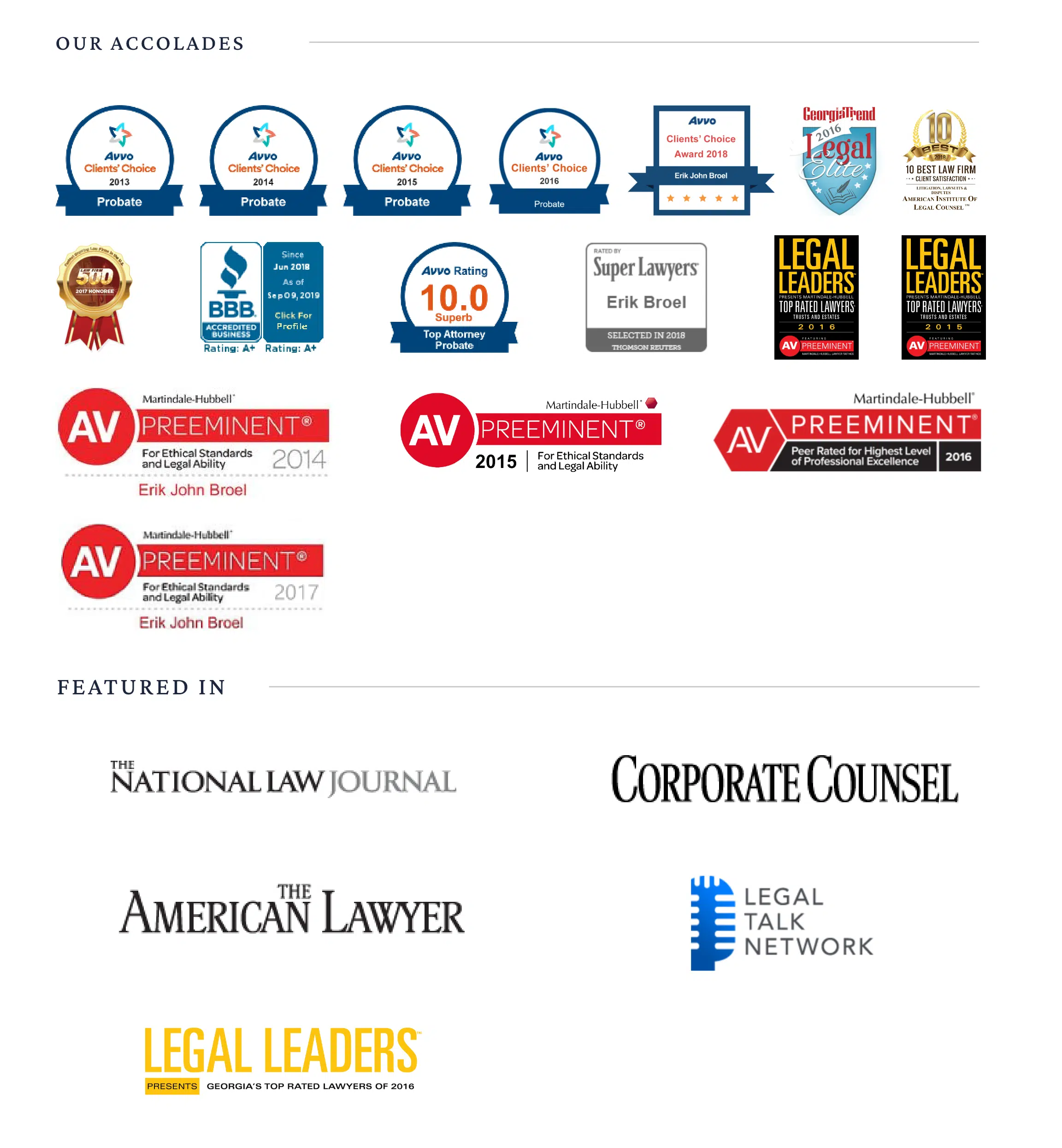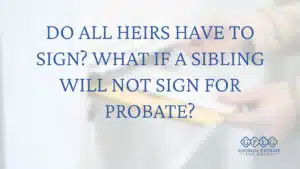
Losing a family member or a loved one is a time characterized by intense and different emotions, and the idea of handling probate proceedings is a complicated and daunting task. Did the deceased leave a will that clearly states who the beneficiaries of their estate are and where they nominated an ex...

Losing a loved one is one of the most challenging situations we can face in our lives. No matter how strong and emotionally prepared we try to be, navigating through this difficult time is never easy. And while nothing will truly ease the pain or lessen the grief, knowing what to do when someone die...
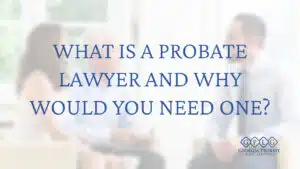
When a loved one dies, there are many things to handle. From managing your own grief to planning the funeral and handling the deceased's estate, it might feel like too much to do on your own. Knowing what is a probate lawyer and how they may help you handle the probate process smoothly and efficient...
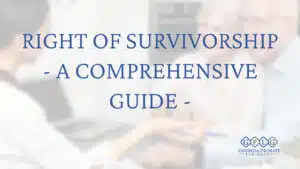
When entering into a joint property ownership with someone else, you must consider many things, such as what share each of you owns and what will happen with the estate when one of the owners dies before the other. From a legal point of view, this is called the right of survivorship and affects b...
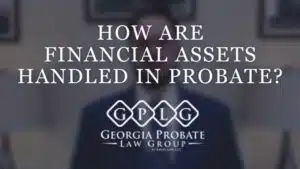
When someone passes away, it is common for family members to ask questions about their loved one's financial assets. They might wonder: What to do with their bank accounts? Can someone withdraw from these accounts? What happens to their 401(k)? Who will deal with the financial matters? Who is respon...
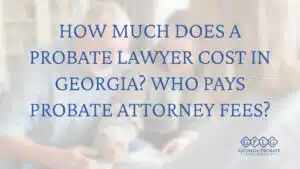
Have you just lost a loved one and need to file for probate? This can be a confusing and overwhelming process, especially when you don't know who pays probate attorney fees. You have to follow many steps, and it's easy to make mistakes that cost you time and money. Hiring an experienced probate a...

One of the most aggravating experiences in probate is dealing with someone who stubbornly refuses to leave the estate home. This person could be an heir or, in some cases, the personal representative who lived with the deceased before death. Thus, a question pops up: "Can an heir living on the prope...

When a loved one dies, dealing with the pain is only part of the events that follow. You may need to sort the papers, notify the deceased family members about the late person passing away, attend the funeral of the deceased, pay various expenses related to the decedent's medical care, and so on. One...
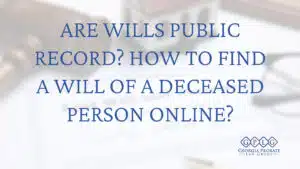
When a loved one dies, coping with grief might not be the most challenging part you have to handle. You might also pay bills, sort the documents, and probate the deceased estate. During this process, some of the questions you might have are about how to find a will, whether you are a beneficiary in ...
